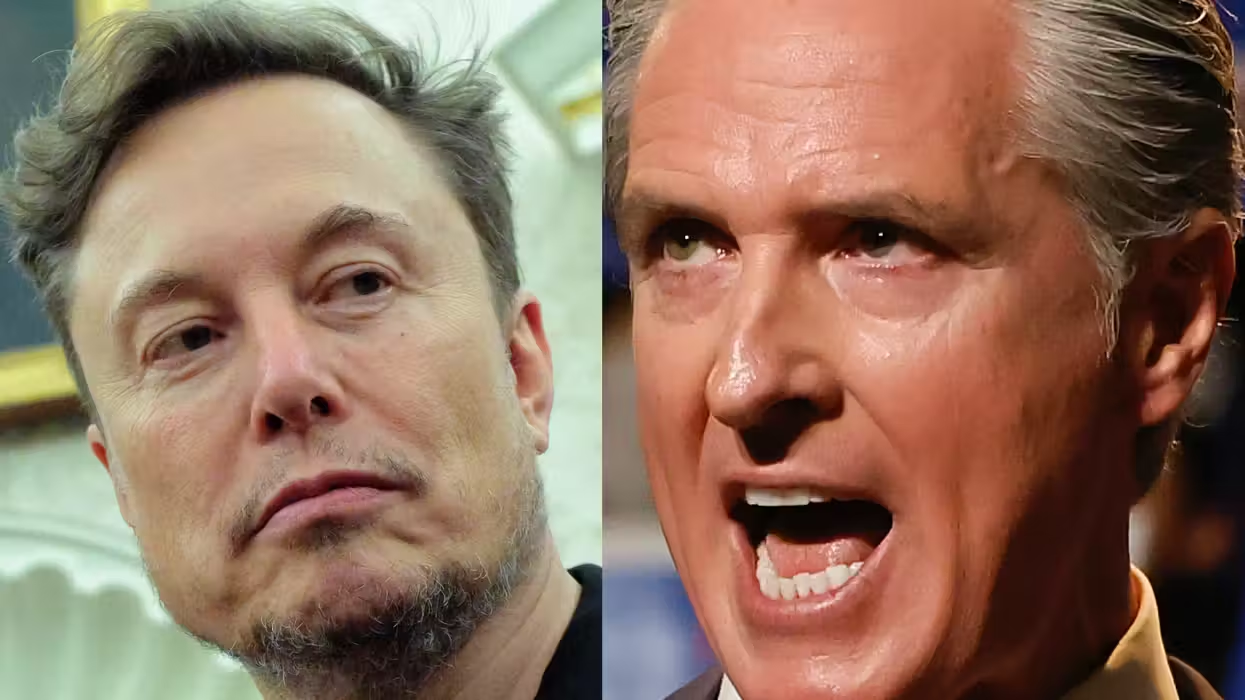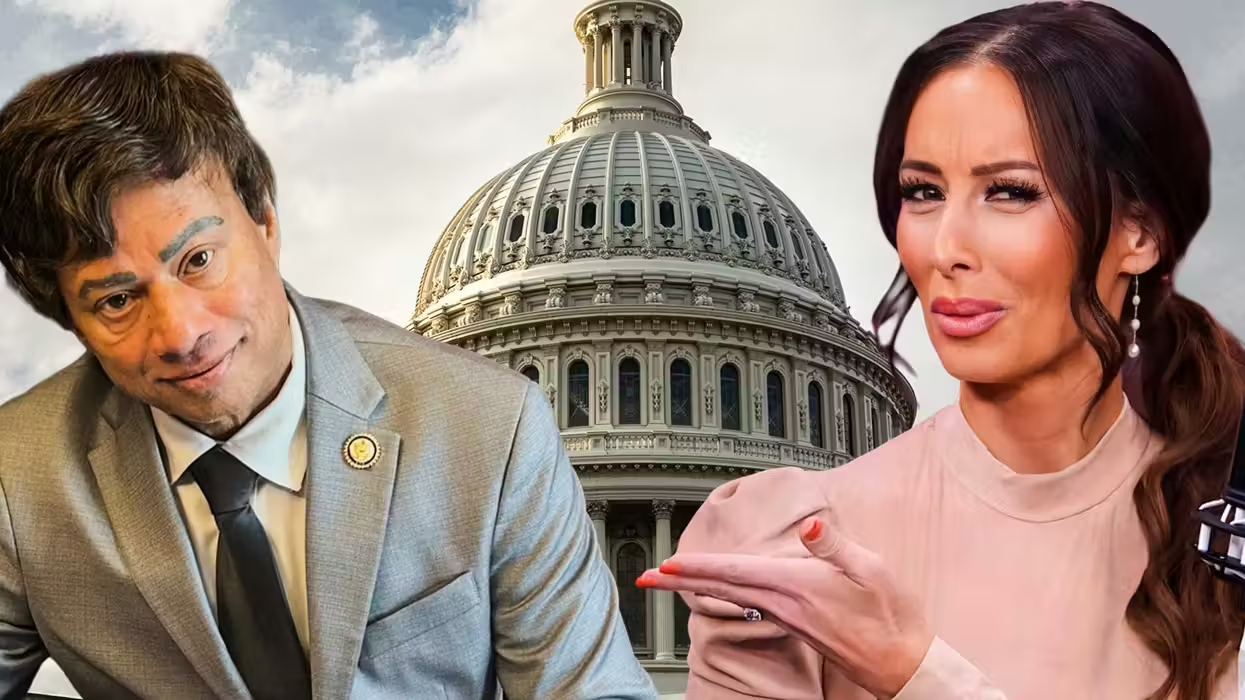
© 2025 Blaze Media LLC. All rights reserved.
Eight out of ten Americans who identify with with the tea party are Christians and nearly half (47%) of tea partiers consider themselves part of the Christian conservative movement. The tea party makes up just half of the overall Christian conservative movement, comprising just 11 percent of America's adult population, according to a new poll released Tuesday by the Public Religion Research Institute.
In addition, 94 percent of Americans who say they support the tea party movement were white men and more than half were 50 or older, according to the survey.
Conservative commenter David Frum claims that the tea party religious divide is growing, quoting Andrew Ian Dodge, state coordinator for Tea Party Patriots in Maine, who calls Delaware Senate candidate Christine O'Donnell a "bandwagon jumper" and lumps conservative television and talk radio host Glenn Beck in with the tea party movement, characterizing that Beck's "Restoring Honor" rally as "the embodiment of emotion over reason and religious right fanaticism."
But 2008 polling information suggests the tea party is actually quite representative of America's general religious population, with nearly 80 percent of American adults identifying themselves as Christians.
And while many tea partiers may be religious, how much is the tea party movement -- a group that has rallied around the ideas of smaller government, lower taxes, free enterprise and individual freedom -- based in religion?
Candidates like Kentucky Senate hopeful Rand Paul who were backed by the Tea Party ran on libertarian values, but the Public Religious Research Institute poll found that a majority of Tea Partiers are not likely to lean libertarian on social issues. Nearly two-thirds of those polled, 63 percent, believed abortion should be illegal in all or most cases, and only 18 percent supported same-sex marriage.
Michael Lindsay, a political sociologist at Rice University in Houston, claims the tea party movement has recently expanded its agenda to address religious concerns, a move Lindsay says may help unify the GOP going into the Nov. 2 midterm elections. "The focus of the movement has changed to one that is much more in line with the full spectrum of conservative political issues," Lindsay told MSNBC.
But out of major tea party contenders, the vast majority have steered clear of religion in their campaigns, with the notable recent exception of Delaware's Senate candidate Christine O'Donnell who has had to defend her own beliefs against accusations she's dabbled in the occult.
The poll also finds that self-identified tea partiers overwhelmingly support former Alaska Gov. Sarah Palin who enjoys an 85 percent favorability rating while President Barack Obama faces 75 percent unfavorability among the same group.
In addition, six in ten of the conservative tea partiers report that Fox News is their trusted source for news -- a level of support twice as high as the general population.
The tea party has demonstrated that it yields considerable influence when it comes to Republican politics and with the balance of Congress riding on the upcoming midterm election, they are likely to continue enjoying significant influence as 82 percent plan to vote for Republicans in November.
Want to leave a tip?
We answer to you. Help keep our content free of advertisers and big tech censorship by leaving a tip today.
Want to join the conversation?
Already a subscriber?
more stories
Sign up for the Blaze newsletter
By signing up, you agree to our Privacy Policy and Terms of Use, and agree to receive content that may sometimes include advertisements. You may opt out at any time.
Related Content
© 2025 Blaze Media LLC. All rights reserved.
Get the stories that matter most delivered directly to your inbox.
By signing up, you agree to our Privacy Policy and Terms of Use, and agree to receive content that may sometimes include advertisements. You may opt out at any time.






